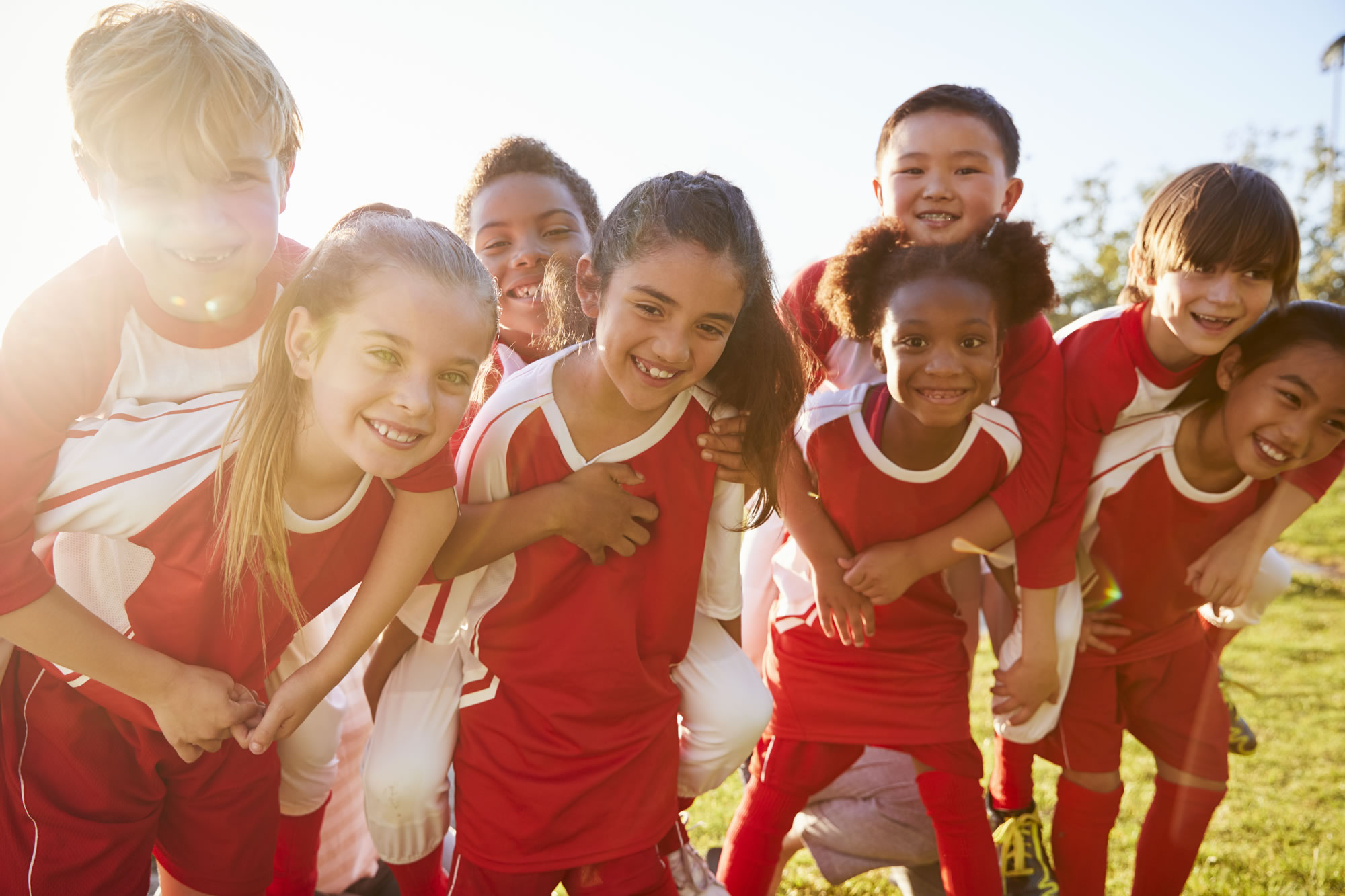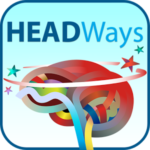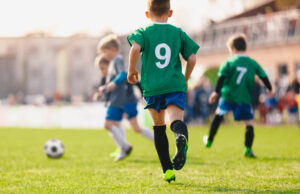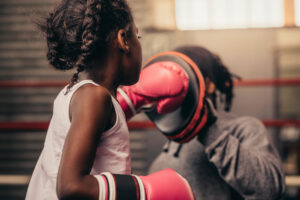Should you enroll your kids in contact sports?
It’s a question more and more parents are struggling to answer.
Not surprising, given the vast body of research highlighting the dangers of concussions and head injuries in youth sports.
While our national hockey teams have proven their dominance at the international level, recent surveys have found that youth hockey participation is actually down in Canada.
And south of the border, President Obama has expressed concern about the risks involved in football. “I’m a big football fan, but I have to tell you if I had a son, I’d have to think long and hard before I let him play football,” Obama said.
But Canadian neurosurgeon Charles Tator believes we should not forego the benefits of playing contact sports because of worry over the risks. “Team sports taught me not only how to be a better sports participant, but also how to be a better citizen,” said Dr. Tator.
Not to mention the boost in health from regular exercise and activity.
Dr. Tator lists important life lessons that kids learn while playing sports like hockey and football. Here are eight of them:
- To learn to listen to coaches, captains, and teammates.
- To learn respect for rules, opponents, and coaches.
- To learn patience. Sometimes a player must take their turn on the bench.
- To value camaraderie, and understand that no one person is the centre of the universe.
- To learn to be punctual and stick to a schedule.
- To learn discipline. That playing by the rules is better than sitting in a penalty box.
- To learn organization by taking care of equipment, arenas, and fields.
- To learn to protect themselves, teammates, and opponents.
Promoting Safe Participation in Contact Sports
Dr. Tator encourages parents to be proactive about safe participation in sports. He emphasizes prevention and diagnosis and lists ways that parents can get involved:
- By being vocal about safety. Have conversations with coaches, officials, and league organizers about fair play. Ask for strict rule enforcement.
- By focusing on having fun and respecting opponents.
- By getting kids into the proper equipment – helmets, pads, and footwear. It has to fit properly for maximum protection.
- Know all concussion symptoms. Headache, dizziness and imbalance are the most frequent. Loss of consciousness is not a required symptom.
- Review concussion treatment guidelines. Physical and mental rest is the only proven treatment – no school, TV, sports until symptoms start to subside.
The HEADWays Concussion App
Slater Vecchio partnered with VGH and the UBC Hospital Foundation to fund the development of a mobile app for concussion care. Created by doctors who specialize in concussion care, the HEADWays app helps individuals identify, manage, and treat symptoms.
For More Information:
- Concussion Symptoms, Mayo Clinic
- Hockey numbers decreasing in Canada: Survey, The Toronto Sun
- Obama On NFL Concussions: ‘I Would Not Let My Son Play Pro Football’, The Huffington Post
- Should you sign your kid up for a contact sport? The Globe and Mail








